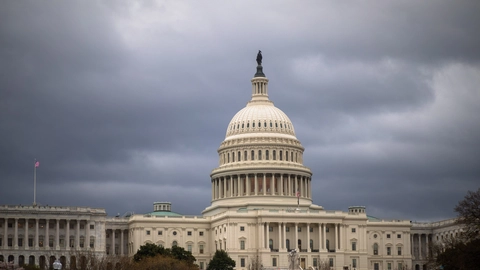Russian officials and state media are portraying the recent arrest of Telegram founder Pavel Durov in France as a Western assault on free speech.
Hollow after Years of Conflict
According to Digi24 the narrative marks a dramatic shift from the years-long efforts by Russian authorities to restrict Telegram’s operations within their own borders.
Durov’s sudden portrayal as a champion of free expression comes after years of conflict with Russian officials, who once viewed Telegram as a significant threat.
In 2015, a Russian lawmaker called for Telegram to be banned, alleging it was used by ISIS. In 2017, Russia’s Federal Security Service (FSB) demanded encryption keys from Telegram, which Durov refused to provide.
This refusal led to a series of legal battles and a failed attempt by Russia’s Roskomnadzor to block the messaging app nationwide.
Drawing Parallels to Sci-Fi Book
Despite these tensions, Russian state media now condemns Durov’s arrest, drawing parallels to George Orwell’s dystopian novel "1984." Some Russian commentators fear Durov might be pressured by Western intelligence agencies to hand over encryption keys, potentially compromising the security of Russian military communications.
Ironically, just a few years ago, these same officials were demanding the very encryption keys they now fear could end up in Western hands. Telegram’s eventual survival of the Russian government’s attempts to block it only underscores the complex relationship between the platform and Russian authorities.
Today, while some Russian propagandists frame Durov’s arrest as a global free speech issue, the underlying concern appears to be the potential impact on Russia’s military communications. T



















